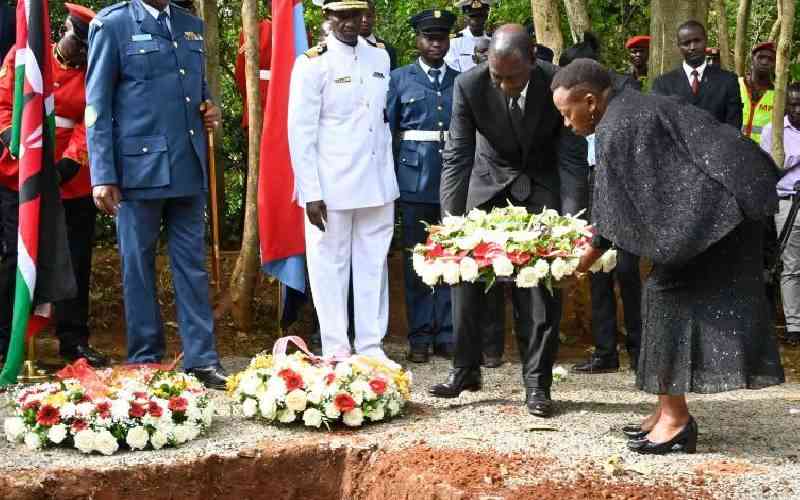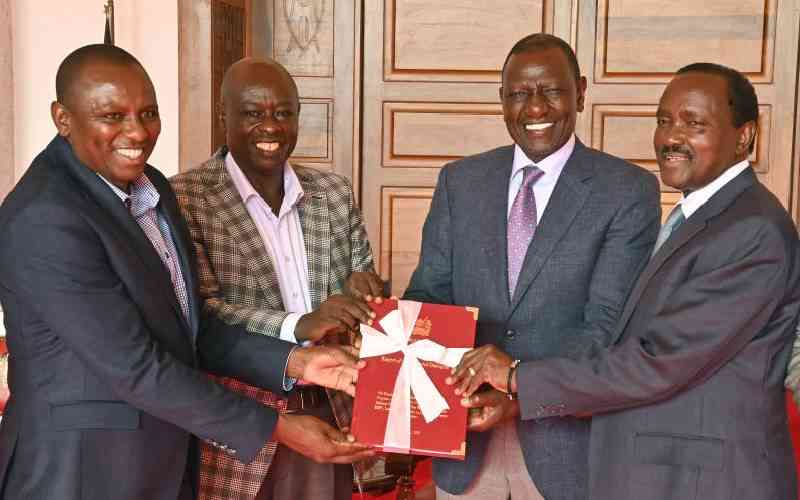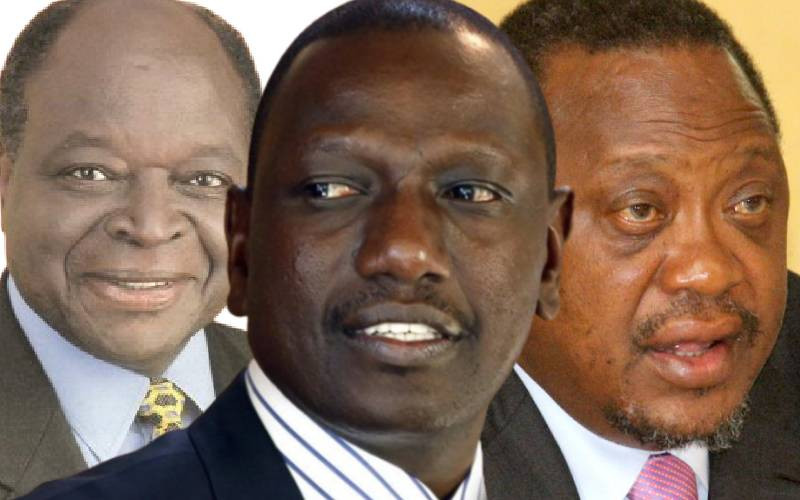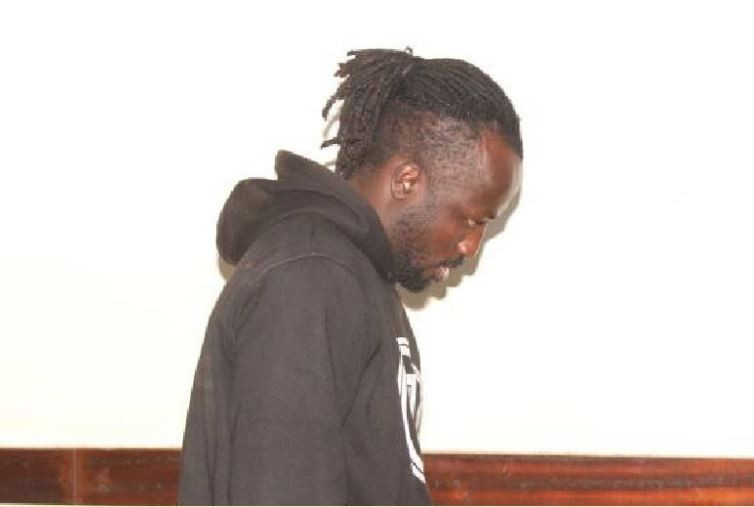By Wahome Thuku
Nairobi, Kenya: Independent Electoral and Boundaries Commission (IEBC) has denied allegations that it registered more voters illegally after the December 18, 2012 deadline.
The commission dismissed claims by Prime Minister Raila Odinga that it doctored the voter register in favour of his challenger Uhuru Kenyatta.
In their submissions through lawyer Paul Nyamodi the IEBC made efforts to explain the disparities pointed out by petitioners in the voter register.
Lawyer Nyamodi took the Supreme Court through the process of voter registration in a bid to explain how the number of registered voters increased from those recorded at the close of the registration.
Nyamodi said even Raila had acknowledged that the commission had the exclusive mandate to organise and conduct elections and tally the results.
“It has a duty to each and every Kenyan who wishes to vote to ensure he or she is registered and exercises the right to vote,” he added
The IEBC is basing its entire case on the reasoning the constitution mandates it not to lock out any qualified Kenyan from voting. The commission says it has a free hand in voter registration and that the constitution allows it to choose the method to employ. The lawyer said IEBC chose to use the biometric voter registration.
He said after the deadline, no registration was carried. However, they only processed the registers in preparation for the March 4, General Elections.
Nyamodi explained that as a safeguard against losing the data in the electronic form, the IEBC captured the same information in the green book, which was the primary registration data entry point.
“The choice of BVR was an administrative arrangement within the Constitution and the IEBC had to ensure the system did not disenfranchise anybody,” he added. “The commission used 14,000 BVR and laptops some of which crashed and information was lost. But the primary data lost was still available in the green book. The IEBC cannot be allowed to disenfranchise those already registered in an administrative BVR system.”
The lawyer said the commission conducted 100 per cent clean up and audit of the register using the green book before the voting, which then changed the number of registered voters.
The commission prepared a special register of 31,318 people whose biometric data could not be captured by the BVR and the number increased to 36,236 as the processing of the register went on.
Stay informed. Subscribe to our newsletter
 The Standard Group Plc is a
multi-media organization with investments in media platforms spanning newspaper
print operations, television, radio broadcasting, digital and online services. The
Standard Group is recognized as a leading multi-media house in Kenya with a key
influence in matters of national and international interest.
The Standard Group Plc is a
multi-media organization with investments in media platforms spanning newspaper
print operations, television, radio broadcasting, digital and online services. The
Standard Group is recognized as a leading multi-media house in Kenya with a key
influence in matters of national and international interest.
 The Standard Group Plc is a
multi-media organization with investments in media platforms spanning newspaper
print operations, television, radio broadcasting, digital and online services. The
Standard Group is recognized as a leading multi-media house in Kenya with a key
influence in matters of national and international interest.
The Standard Group Plc is a
multi-media organization with investments in media platforms spanning newspaper
print operations, television, radio broadcasting, digital and online services. The
Standard Group is recognized as a leading multi-media house in Kenya with a key
influence in matters of national and international interest.









